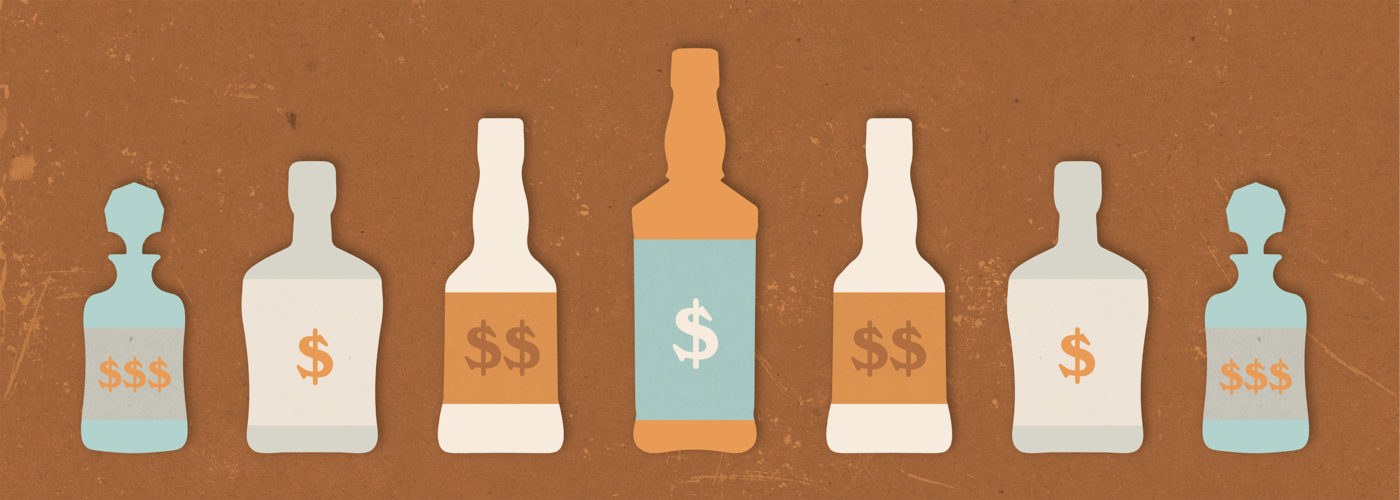Signaling, in the human context (as opposed to animals and explicit sexual selection), is how we externally communicate our status to each other and internally to ourselves. This is one of the mechanisms behind how one can come to the perfectly rational conclusion that a vintage Rolex (let’s say, a beautiful mid-70’s 1675 ‘Pepsi’ GMT) is worth every bit of $25k even though it will never keep time as accurately as a $50 G-Shock (or your phone, for that matter).
The simple question, “What does drinking this beer say about me?” is powerful. And we don’t see this explored that often in CPG branding where the focus tends to be more on functional benefits (“this is keto”) or the spiritual dimension (“this is ethically-raised meat”). We see this as an opportunity for deeper, more unassailable positioning as CPG brands look to the future. And signaling cuts right to the heart of defining that messaging.
As I’ve learned more about this topic, reading books and going further upstream to academic papers, I realized that several of the articles I’ve found the most illuminating have been written by the same Professor, Krista Li Ph.D. After looking her up to find more of her work, I realized she was right down the street from us here in Indianapolis.
I reached out to Krista, and she was gracious enough to give us some expert insight into how behavioral economics can help to build more compelling food and beverage brands.




